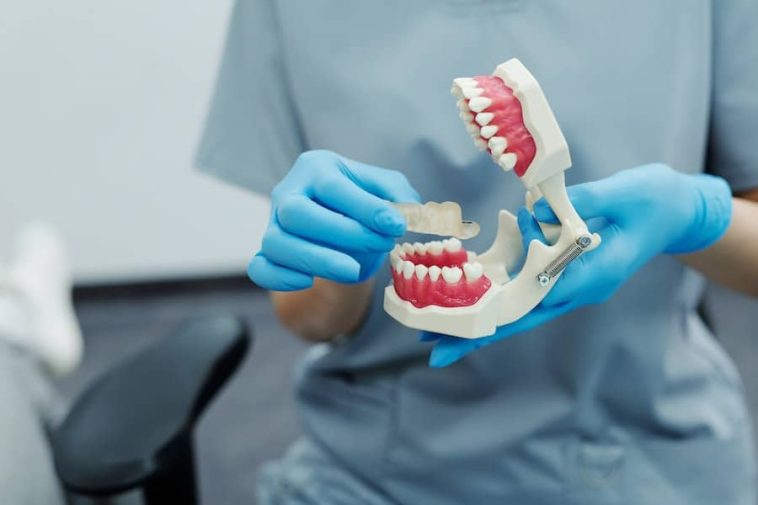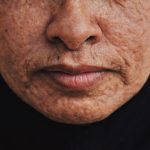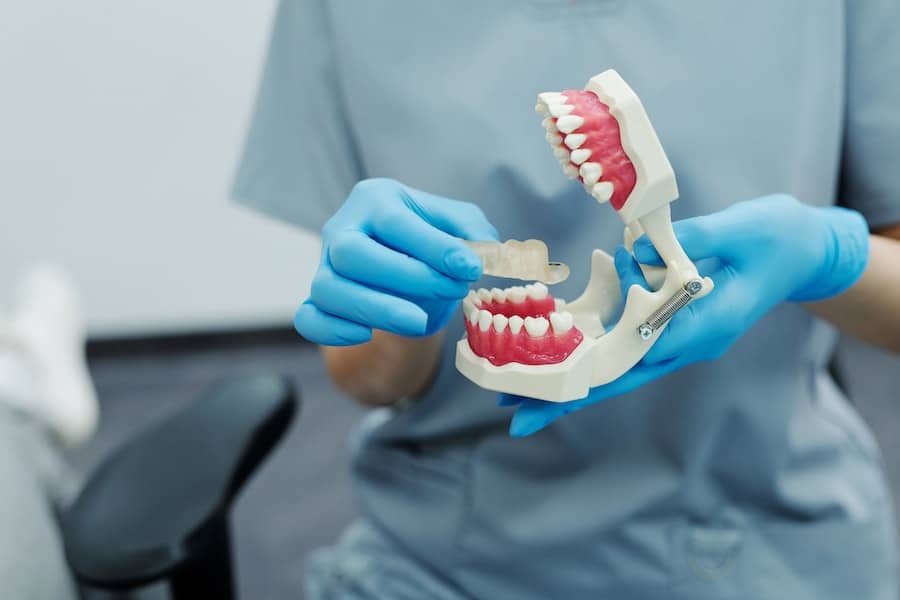When you get your wisdom teeth removed, you may feel like a new person. You’ll likely be excited to eat regular foods again, rather than soft and mushy ones that were easier to chew. Whether you’re back at school or working, getting your third molars removed can be stressful. It can also require some changes to your usual habits—such as how and where you sleep. Your dentist will give you instructions on how and when to take this important step, but here is what you need to know about how to sleep after wisdom teeth removal.
How To Sleep After Wisdom Teeth Removal?
Meditate
When you’re having a hard time sleeping after your wisdom teeth removal, you might be tempted to take a sleeping pill. But before you pop a pill, why not try meditation instead? Meditation is a form of mindfulness that has a number of mental and physical health benefits, including reduced anxiety and stress, improved focus and concentration, and better sleep. Meditation is also a great option if you’re stressed about your procedure. Some people find it easier to fall asleep before the procedure than others. If you’re one of those people, then you can try meditating before your wisdom teeth removal. Once the anesthetic takes effect, you should still be in a state of relaxation and be ready for sleep.
Take anti-inflammatory medication
After your wisdom teeth removal, it’s likely that you’ll experience some swelling. Swelling after wisdom teeth removal is normal, but it can make you feel pretty uncomfortable. Anti-inflammatory medication like ibuprofen can help to reduce swelling, relieve pain and discomfort, and allow you to rest easier after your wisdom teeth removal. You should consult with your dentist first to ensure that you’re taking the correct dosage and aren’t at risk of any side effects. Anti-inflammatory medication can also help with dry mouth, which is common after wisdom teeth removal. Dry mouth can lead to bad breath and can make it difficult to eat and drink especially if you have a lot of teeth removed or implants added. Taking medication can help with dry mouth after your procedure.

Stay hydrated
Drinking plenty of water is always a good idea, but it’s especially important after your wisdom teeth removal. Drinking plenty of water can help to reduce swelling, speed up the healing process, and minimize pain and discomfort after your procedure. It’s also important to stay hydrated while you’re sleeping. Being hydrated can help to ensure that you have a sound, restful sleep after your wisdom teeth removal. If you have a hard time remembering to drink water, you can try setting an alarm on your phone or setting a reminder in your calendar. It can also help to keep a water bottle near your bed or even on your nightstand so that you can easily grab it when you need a sip. It’s also a good idea to try to keep your room at a comfortable temperature so that you don’t overheat and wake up thirsty.
Get light exposure
There are a number of ways to help your body regulate sleep and release melatonin naturally, such as exercise, cognitive-behavioral therapy (CBT), and diet. But one way that you can help to regulate your melatonin levels and make it easier to sleep after your wisdom teeth extraction is by getting light exposure. Getting light exposure can help to boost melatonin production and make it easier to fall asleep after your procedure. You can get light exposure by using a light therapy device or by opening a window in your room and letting in natural light.
Consider physiotherapy and oral rehab therapy
If you have a hard time chewing or eating after your wisdom teeth extraction, oral rehab therapy can help. Oral rehab therapy or physiotherapy can help you recover after your wisdom teeth removal by providing you with the tools and resources you need to deal with the aftermath. For example, oral rehab therapy can help you to develop the skills and knowledge you need to manage your pain, eat healthily, and take care of your teeth and gums after your procedure. It can also help you to develop positive habits, reduce stress, and sleep better after your procedure.
What To Expect After Your Wisdom Teeth Are Removed?
Your mouth will no longer be so large for one person to occupy, so your dentist will give you manuals on staying safe at night. You may sleep in the same bed or even share a room with your partner if necessary. It’s highly important to keep these instructions in mind as they will help safeguard your health and make sure you:
- Avoid stress: Eat right, as well as follow instructions on keeping your teeth healthy by using strength smarting
- Stay hydrated – which will help shrink swollen gums and fight bacteria lodged within them Will You Be Able to Sleep Now? Most post-surgery recovery can be done at home. Your health care provider may recommend staying in bed for a maximum of a week or two, but this is completely up to you. Providing you take heed of that advice, after a few days at home, you’ll find yourself easily falling back asleep without much difficulty.
- Sleeping without encouragement from family members isn’t going to help get your body accustomed to the new sleep patterns needed after surgery—so remember what everyone tells you!
- While it is true that restful sleep after surgery usually happens the first three nights it’s recommended that some can last up until five nights—plus an additional few days since the healing process can still gain speed as swelling subsides and pain management commences
- During this time period, some experienced wakefulness also is expected due to nerve damage taking place during surgery as well as mechanical digressions
Tips For A Comfortable Sleep After Wisdom Teeth Removal
- Sleep on your back. If you sleep on your side, you may push the blood and fluids in your mouth to your back. This can make sleeping on your side after wisdom teeth removal is very uncomfortable.
- Sleep on a soft pillow. Even if you normally sleep on your back, you may be able to use a soft pillow to avoid the discomfort that sleeping on your back after wisdom teeth removal can cause.
- Avoid strong mouthwashes. After wisdom teeth surgery, you may want to avoid using strong mouthwashes. Doing so can keep your mouth clean without harming the inside of your mouth.
- Drink plenty of fluids. While you’ll want to avoid very hot or cold liquids, drinking plenty of fluids can help keep swelling to a minimum.
Should You Take Pain Medication After Wisdom Teeth Removal?
- This is one of the first questions most people have about how to sleep after wisdom teeth removal, and it’s a good one.
- Your dentist will likely prescribe pain medication after your procedure. That said, you may find that you don’t need the pain medication if you follow the rest of your aftercare to the letter.
- Oral pain medication can cause side effects, so it’s best to talk to your dentist about the best way to manage your pain after wisdom teeth removal.
- If you do need to take pain medication, you’ll likely want to avoid taking it before bed. This is because some pain medications can cause drowsiness, which can make it difficult to fall asleep.
- Most people can take pain medication as prescribed, but there are some people who should avoid it.
- If you have a medical condition or take other medications, you should talk to your doctor before taking pain medication after wisdom teeth removal.
When Can You Begin Eating Again After Wisdom Teeth Removal?
- This is one of the first questions you’ll probably want to ask when you’re ready to eat again after wisdom teeth removal. While your dentist will want to make sure your mouth is fully healed before you start, you may be able to eat some soft foods as soon as you’re done in the office.
- If you have impacted wisdom teeth, expect to eat more soft foods for a few weeks. In some cases, you may need to have a soft diet for up to six weeks after impacted teeth are removed.
- If you have standard extractions, you can expect to be eating soft foods again in just a few days. Once your dentist releases you to a normal diet, you can start enjoying your favorite foods again. This includes crunchy foods, like apples and popcorn.
Wrapping Up
Getting your wisdom teeth removed can be a scary experience. Fortunately, you can take some steps to make the process go more smoothly. Sleeping on your back with a soft pillow and avoiding strong mouthwashes are two steps you can take to make things easier.





